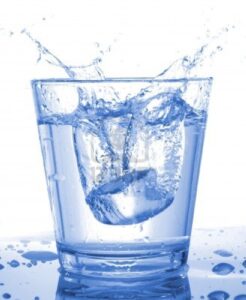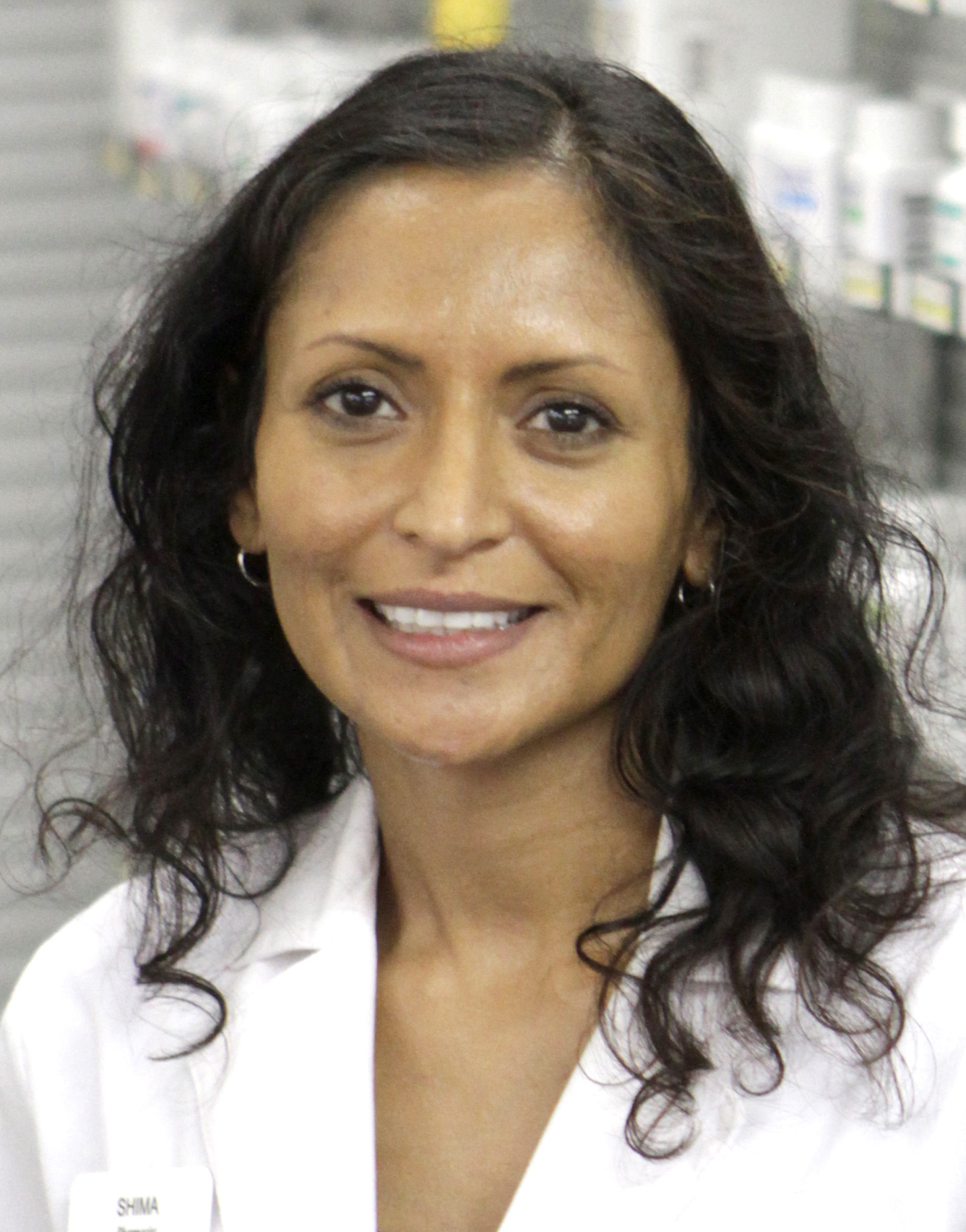Cholesterol has a bad reputation, but it is in fact a necessary part of how your body functions. The concern comes when there’s too much of it, especially the bad type of it – it can raise your risk of heart disease and stroke, both leading causes of death in the United States.
Your cholesterol levels are controllable if you take the proper steps to know your numbers and manage your risk. Your healthcare team, including the staff at our pharmacy, are always ready to help you take those steps and take control of your heart health.
What is cholesterol?
Cholesterol is a waxy substance in every cell of the body, and it travels through the bloodstream on lipoproteins. The liver produces all the cholesterol that your body needs to do its job of making vitamin D and certain hormones as well as digest fats. ¹
Most of the cholesterol in the body is LDL (low-density lipoprotein) and is considered “bad”; it can build up in your blood vessels, creating a buildup of plaque that can block blood flow. Meanwhile, HDL (high-density lipoprotein) is often called “good” because it carries LDL cholesterol out of your blood vessels and back to the liver; the liver breaks down the LDL so it can be passed out of the body. ¹
Diet, especially having too much saturated or trans fats in your diet, can cause your body to produce more cholesterol than it needs. Dietary cholesterol is mainly found in animal products, such as meat, seafood, eggs, and dairy. Saturated and trans fats can also be found in many baked, fried, and processed foods. ¹
A third element that plays a factor is triglycerides. Triglycerides are a type of fat in the blood, made from extra energy from your diet. High levels of triglycerides can also cause fatty plaque to build up in your blood vessels, especially in combination with too much LDL or not enough HDL. ²
How do I know if my cholesterol is high?
There aren’t really any symptoms of high cholesterol — the only way to find out if your levels are high is to get your blood screened for it during a lipid profile.
When a health professional does a screening, they are looking at four numbers: ³
- LDL: goal level is less than 100 milligrams per deciliter (mg/dL)
- HDL: goal level is 60 mg/dL or more
- Triglycerides: goal level is less than 150 mg/dL
- Total cholesterol: goal level is less than 200 mg/dL
High cholesterol is sometimes considered an adult’s problem, but children can have it too — it can in fact be inherited from parents. On top of genetic risk, an unhealthy diet and lack of exercise as a child can start the process of building up plaque that can cause bigger problems as an adult. ⁴
All children should be screened at least once between 9 and 11 years of age, and another test should be done between 17 and 21. Checks for adults is recommended every 4 to 6 years, though people that have a higher risk or are living with certain conditions should get screened more often. As you get older, your doctor may suggest doing a screening every 1 to 2 years. ³
What are the causes of it? ⁵
There are a number of things that can affect your levels. Not enough exercise, an unhealthy diet, and too much weight can all negatively impact your cholesterol — and they are all things you have some control over. Smoking and alcohol consumption can also raise your overall level.
You have less control over other factors. Genetics and age can play a large role in your risk for high cholesterol, for instance. Certain chronic conditions can raise your risk, too:
- Diabetes
- HIV/AIDS
- Hypothyroidism
- Kidney disease
- Lupus
Some medications can cause it to be worse, even though the medication is taken for other concerns. Some conditions that have medication causing it include:
- Acne
- Cancer
- High blood pressure
- Irregular heart rhythms
How can I lower it?
Because you don’t have control over all the areas that can affect your cholesterol level, it’s important to do what you can in the areas you do control.
Follow a heart-healthy diet
A big step in lowering your LDL is cut back on how much saturated fat and trans fat you are eating. This means less fatty cuts of meat and more lean meats and seafood; less full-fat dairy and more fat-free dairy; less fried or processed foods and more whole grains, fruits, and vegetables. ⁶
Get to a healthy weight
Weight doesn’t completely dictate whether you will have high cholesterol, but obesity does raise your LDL levels as it changes how you body uses and removes it. Losing weight can be hard, so work with your doctor or nutritionist to come up with a plan that works for you. ⁶
Quit smoking
Smoking hurts your blood vessels, making any plaque there harden faster. It can also lower your “good” HDL cholesterol levels. If you are ready to quit, talk to our team today – we’re here to support you as you take your first step, and every step after that. ⁵
Drink less alcohol
Too much alcohol can raise both your cholesterol levels and the amount of triglycerides in your blood. The CDC recommends that men stick to no more than two alcoholic drinks per day, and women should have one drink at most. ⁶
Get moving!
Most other methods have to do with lowering your “bad” LDL cholesterol. Exercise, meanwhile, helps to raise your “good” HDL levels. More HDL in your blood means that there’s more good cholesterol to carry the bad to your liver for removal. At least 150 minutes of moderate aerobic exercise (walking, swimming, biking, yard work, etc.) can help lower overall cholesterol. ⁷
Do I need medication?
Everyone should take steps to lower high cholesterol, but prevention is not enough for some. That’s when medicine comes into the picture. Your provider may prescribe a medication for you if you have certain risk factors, such as you have had a heart attack or stroke or your LDL levels are too high. Age, family history, chronic conditions, and more can also go into this decision. ⁸
Statins are commonly prescribed to help lower a person’s LDL levels; they also help the liver remove the LDL cholesterol. Some other medicines include fibrates, niacin, and nicotinic acid. All medications have side effects, and those taking cholesterol medicine are especially at risk for nutrient depletion. If you are on any medicine for cholesterol, it’s important to check in regularly with your doctor to make sure the medicine is still needed; also check in with your pharmacy team — we can help you manage the side effects and watch for any concerns relating to the medicine. ⁸
At the end of the day, your cholesterol level is just one factor in your overall health. Healthy lifestyle choices can make a big difference on cholesterol as well as wide range of other concerns, and your healthcare team can help guide and support you.
Sources
¹ https://medlineplus.gov/cholesterol.html
² https://www.heart.org/en/health-topics/cholesterol/hdl-good-ldl-bad-cholesterol-and-triglycerides
³ https://www.cdc.gov/cholesterol/cholesterol_screening.htm
⁵ https://www.mayoclinic.org/diseases-conditions/high-blood-cholesterol/symptoms-causes/syc-20350800


 About Shima:
About Shima:
